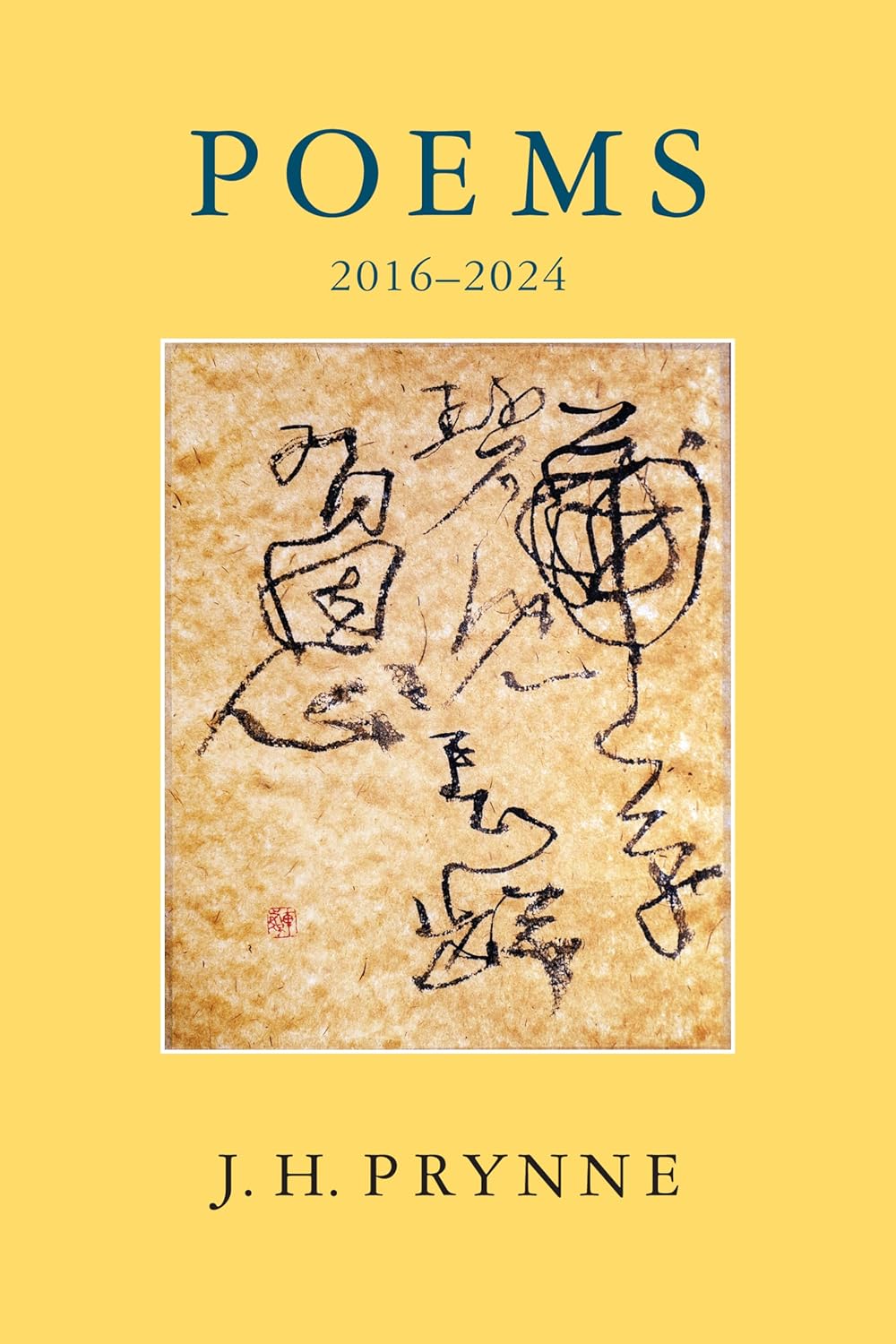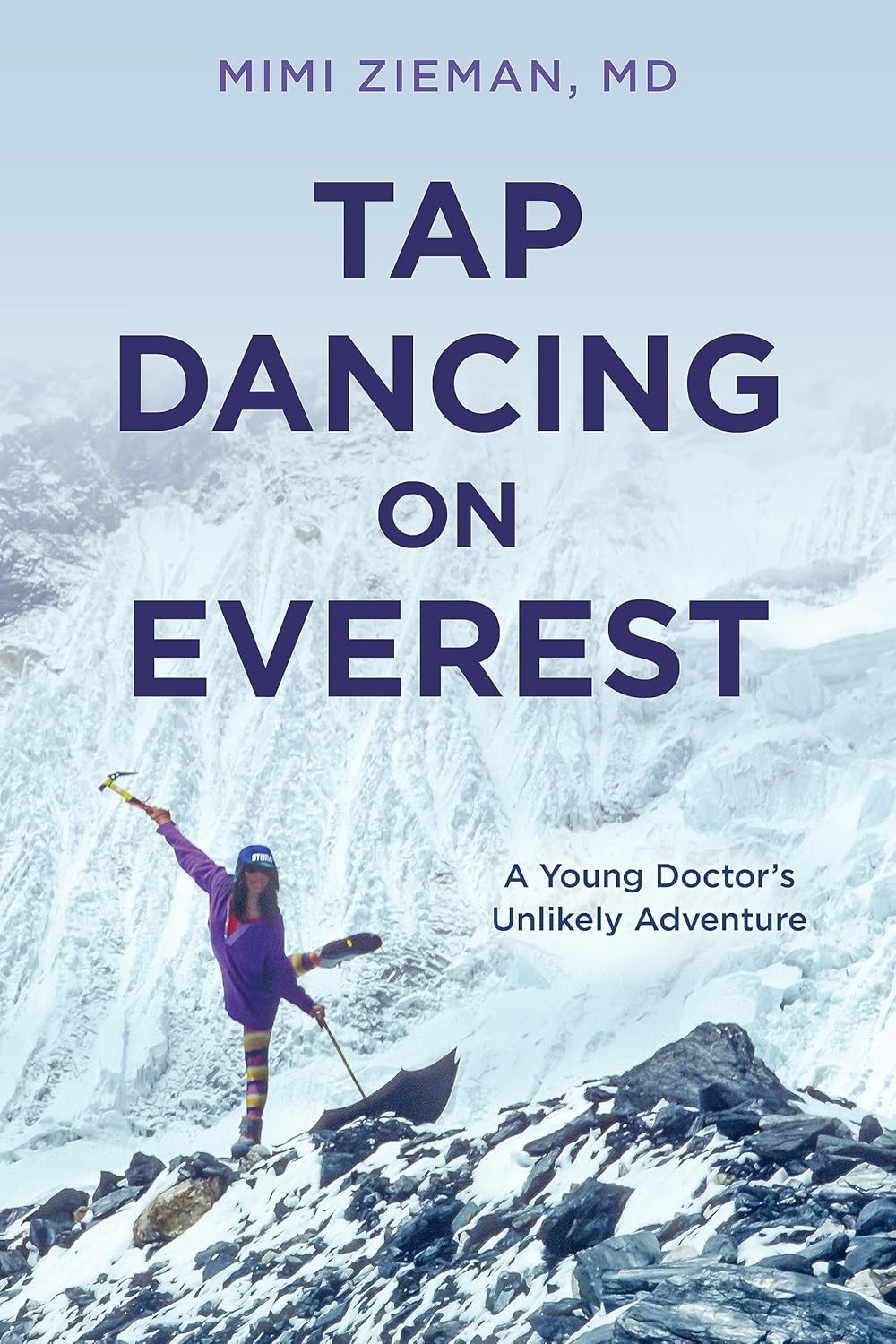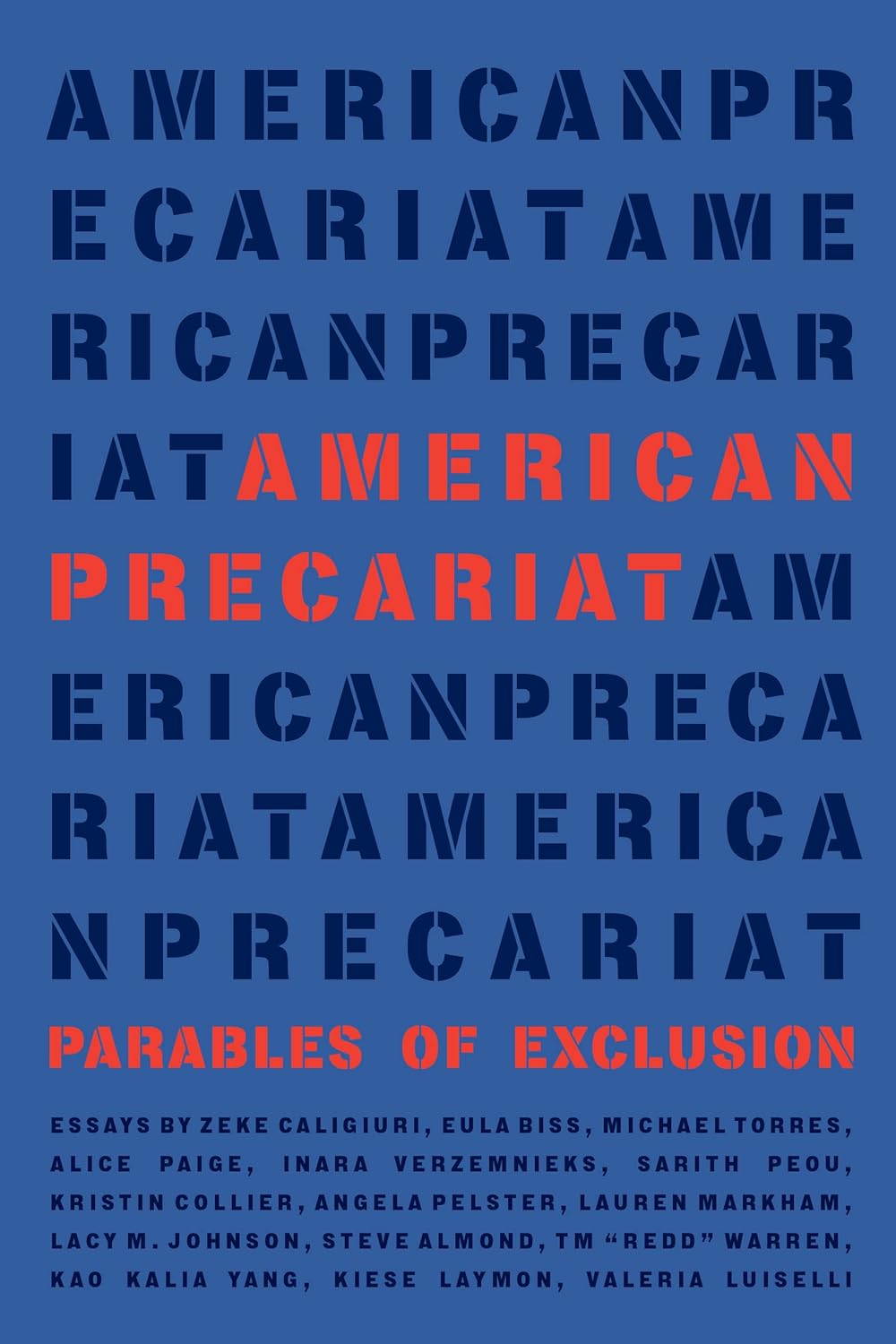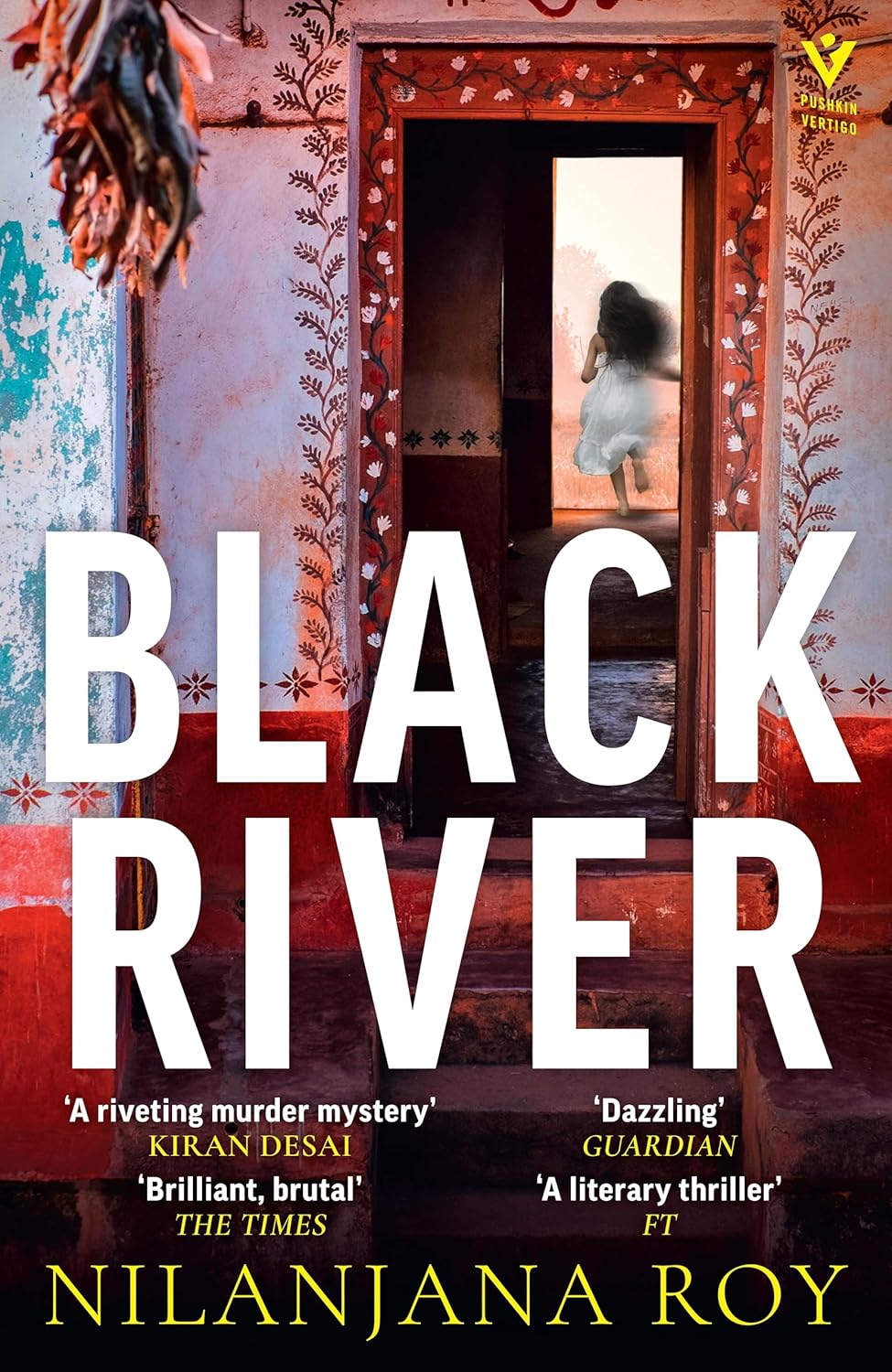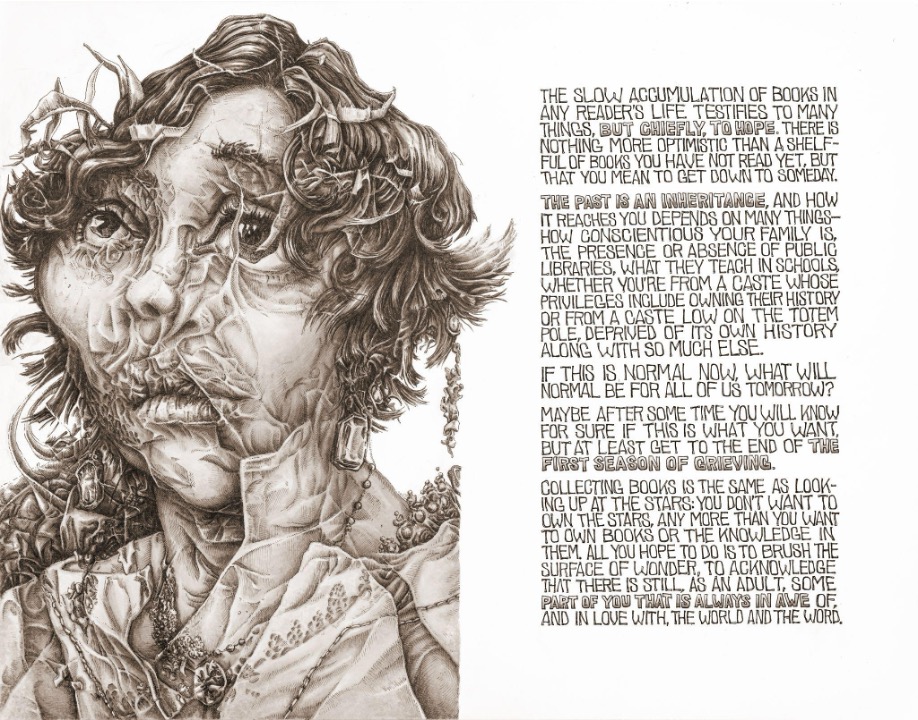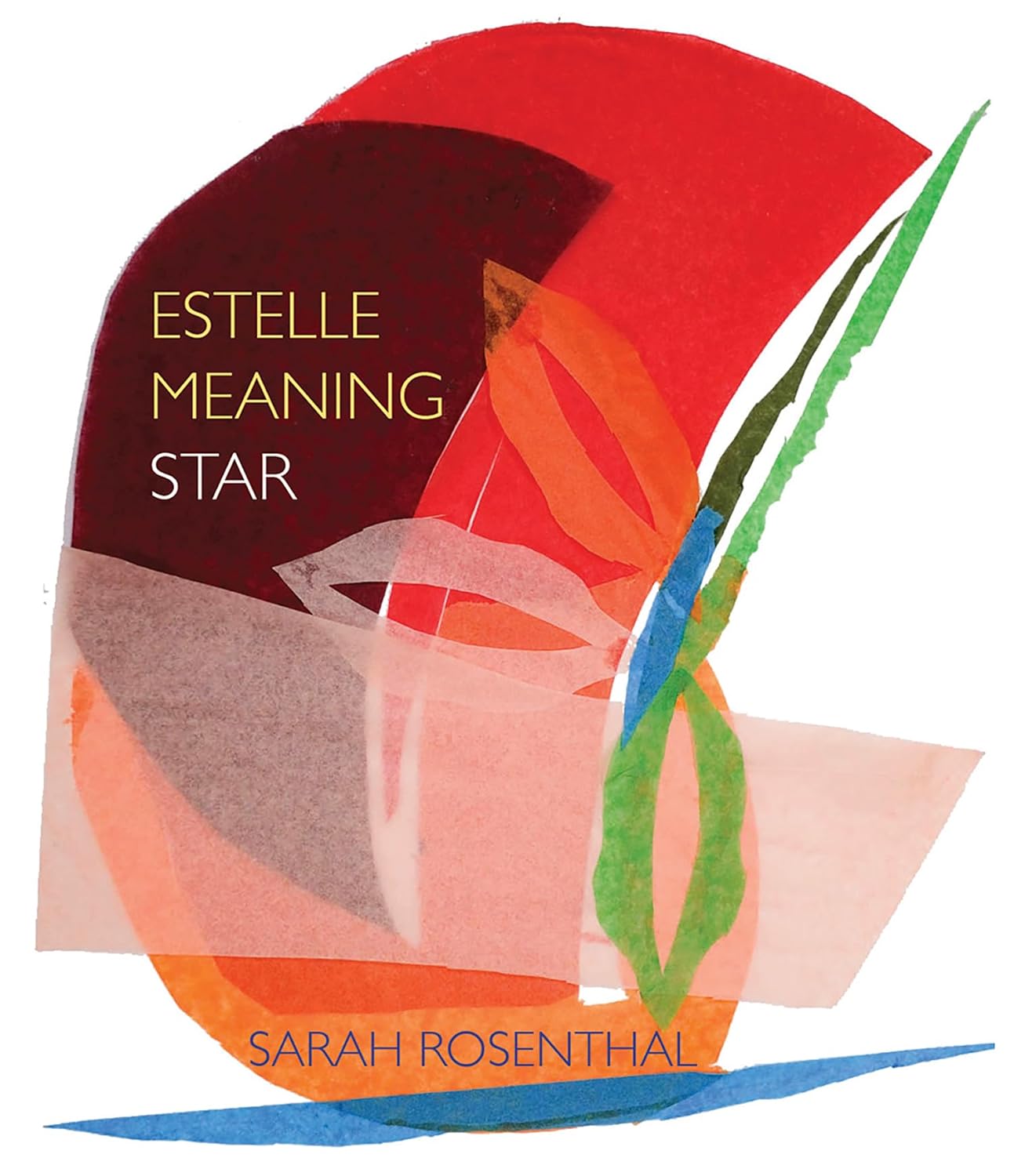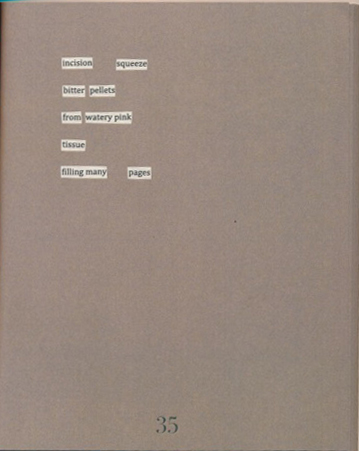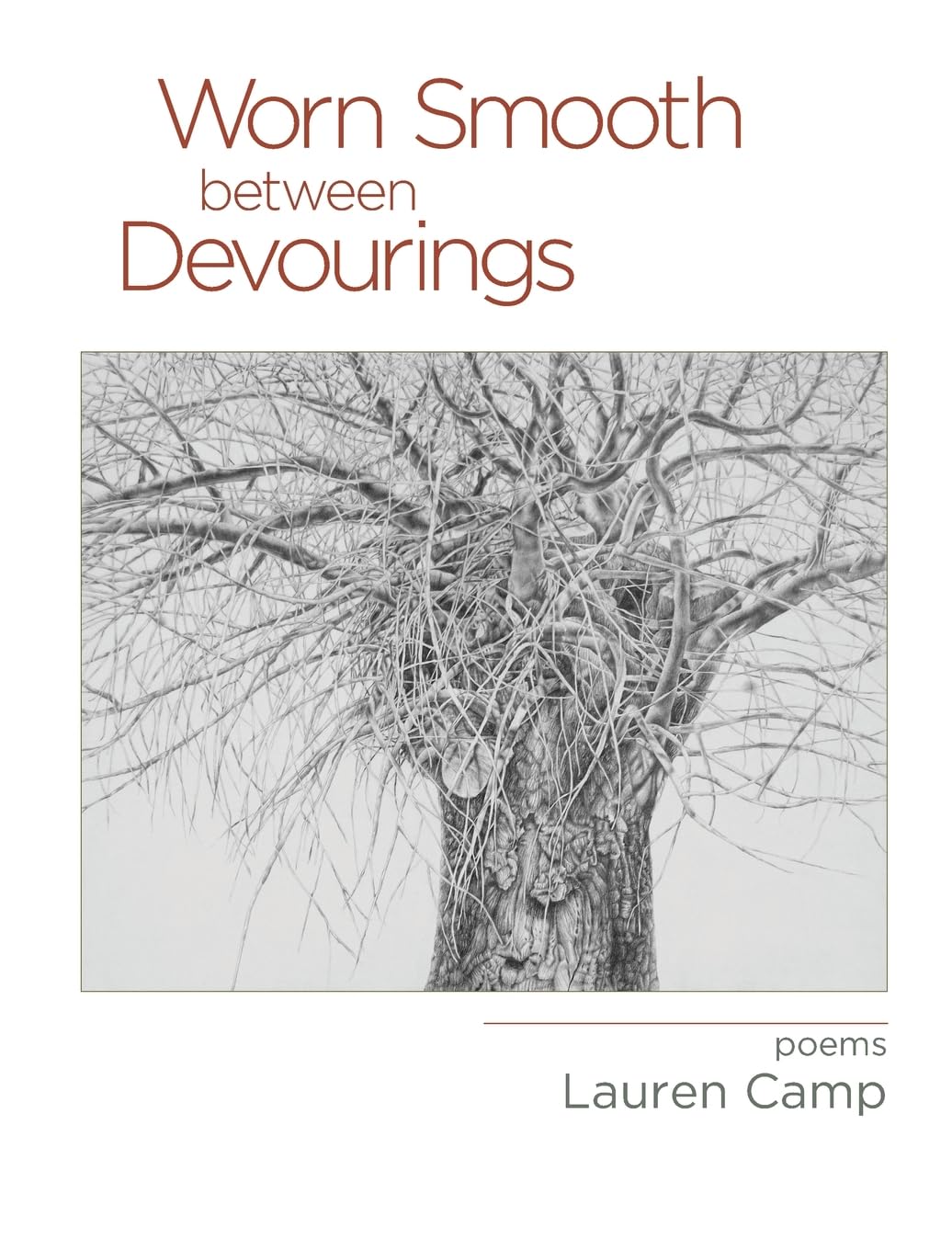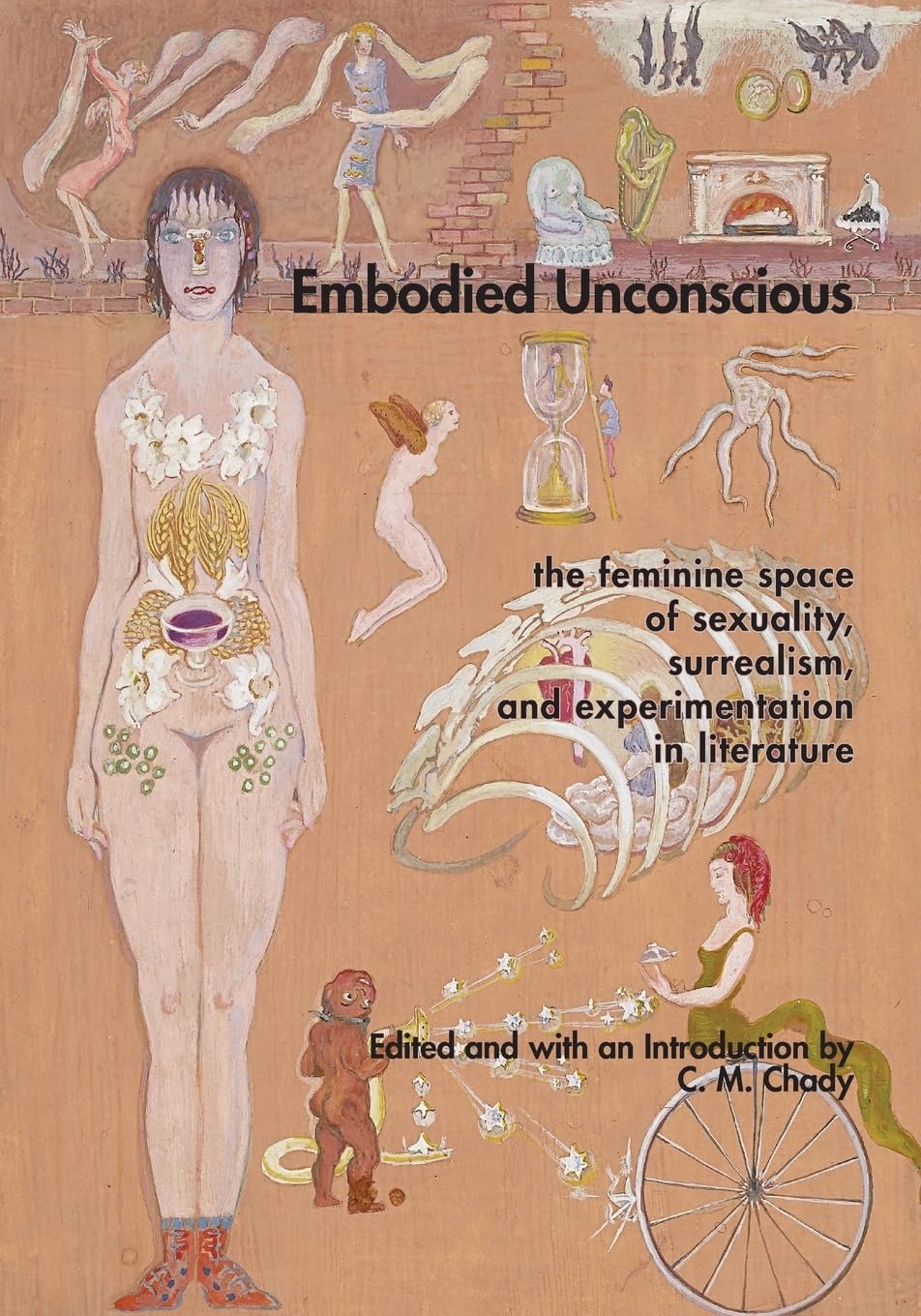J.H. Prynne
Bloodaxe Books ($50)
Most poets deliver the proverbial “brick” of a collected works only in their final years, or else leave it to be delivered posthumously by others. Not J.H. Prynne. Since his 300-page 1982 gathering Poems, which collected all he felt worth preserving at the time, Prynne has delivered three subsequent “bricks”: 1999, 2005, and 2015, the last of which approached 700 pages. Now at eighty-eight years old, he’s added the equally colossal addendum Poems: 2016-2024. It is a magnificent, startling output during what might be the poet’s closing years of writing life.
This volume gathers thirty-six collections ranging in length from relatively brief sequences of a dozen or so pages up to the full-length Of Better Scrap (Face Press, 2019). Across this period the small yet inventive Face Press in Cambridge, England has been Prynne’s faithful publisher, responsible for originally publishing twenty-four of these titles, many of which were slim chapbooks printed on fine paper with care given to best represent the work as physical document. While these qualities are impossible to completely carry over to a larger collection, some attention has been afforded to details of the original publications. For instance, poems from Dune Quail Eggs (Face Press, 2021) appear in a larger print, centered upon the page, with extra spacing between individual words, likely similar to their chapbook appearance:
Green foist crust mound
met
drain plume feast bride
eye
nails thumb avoid trail
bay
ghost braid prune force
toy
Other variances in font and size, or decorative section numbering, have been likewise carried across with a few of the collections, along with an accompanying image from the original versions here and there. For those new to Prynne’s work, this choice offers some awareness of the poet’s initial conception.
Prynne’s penchant for pushing towards the edges of language—often to an opaque abstraction—rarely offers any familiar foothold for readers expecting common levels of coherence, as in “Or But Invaded”:
other-worldly. Even surly toasted double joint dent
scented bell air surfactant lizard, tolerant pink win
arrant count radiant immunise. Into prize, instead
fast ahead confuse at the window endowed likewise
twist, then vaporise.
This might lead unfamiliar readers to charge that Prynne sets one word after another according to some arbitrary ordering. Yet Prynne wagers that there’s depth worth exploring in “the theme of arbitrariness.” In his talk “Stars, tigers and the shape of words,” which he delivered in 1992 at Birkbeck College, London, Prynne explained:
Briefly stated, the theme of arbitrariness concerns the nature of the relation between the sense or meaning of a linguistic utterance (spoken or written) and the forms of its expression or performance. If a language is considered as an evolved set of signs or codes, do the items of its production (words, sentences, speech-sounds) bear any distinct and significant individual relation to meaning or idea; or does the relation of message to medium make sense only within the context of the system, and not at the level of individual items?
Certainly, in a poem such as “Or But Invaded,” punctuation and sentence structure remain intact even as the individual words are often estranged from general semantics—yet the potential meaning of each word has been added to, enlarged. Associations emerge from out of the possibly arbitrary order; “tolerant pink win” might be the dawn or dusk hour at which “air surfactant lizard” emerges from their lair. It’s difficult not to associate some intention, even if exact elements remain murky.
On rare occasion, Prynne drops in an uncharacteristic acknowledgement of a poem’s circumstances, indicating, for example, by the note “34,000 ft.” that a poem was written while traveling on an airliner, perhaps on a flight to or from China as is his wont. There are also what might be taken as outright cheeky moves, like the epigraph for Memory Working: Impromptus: “Always have a point in mind / when you resolve a scale line” is attributed by citation to Pianogroove, an online piano school with the motto “the world’s best piano teachers—at your fingertips.”
In some poems, Prynne hits a decidedly different tonal note: “To catch slant sunlight as cat prowling, in earth warming from cold in browning tints, twigs in fashion with new glints to show upswelled. Light wind in morning, to activate a day aloud, ahead already remembered, chill now but soon declared and voluntary.” Such clearly descriptive lines of beauty are reminiscent more of a passage from Emily Dickinson’s Letters than what’s expected from Prynne. In addition, there are the koan-like “Travellers’ Tales” (note the plural possessive) at the end of Memory Working, which present riddling allegories explicitly set in a natural setting, à la fairy tales.
Then there is the hilarity of Snooty Tipoffs (Face Press, 2021) with jagged rhymes (“Music in the ice-box, music by the sea, / music at the rice-bowl, for you as well as me”) found throughout its five sections, in each of fifty-six parts except for the final section, which ends on:
57
For you I’d do
the whole thing through
below, above
for now, for love.
The expanse of Prynne’s output during these last eight years is astounding. Poems: 2016-2024 shows an unparalleled poet holding forth at the height of his powers, from the sheer jubilance of titles (such as Passing Grass Parnassus (Face Press, 2020), with its epigram “Sing different songs on different mountains”) to the final sentence of “Penance at Cost” from Foremost Wayleave (Face Press, 2023):
Compunction ructions burnous turnabout riotous break
pressure gauge caramel kerbside far and wide intertidal angled
stairway apple crumble cinnamon evenly cloven down to earth.
Click below to purchase this book through Bookshop and support your local independent bookstore:
Rain Taxi Online Edition Winter 2024-2025 | © Rain Taxi, Inc. 2025

